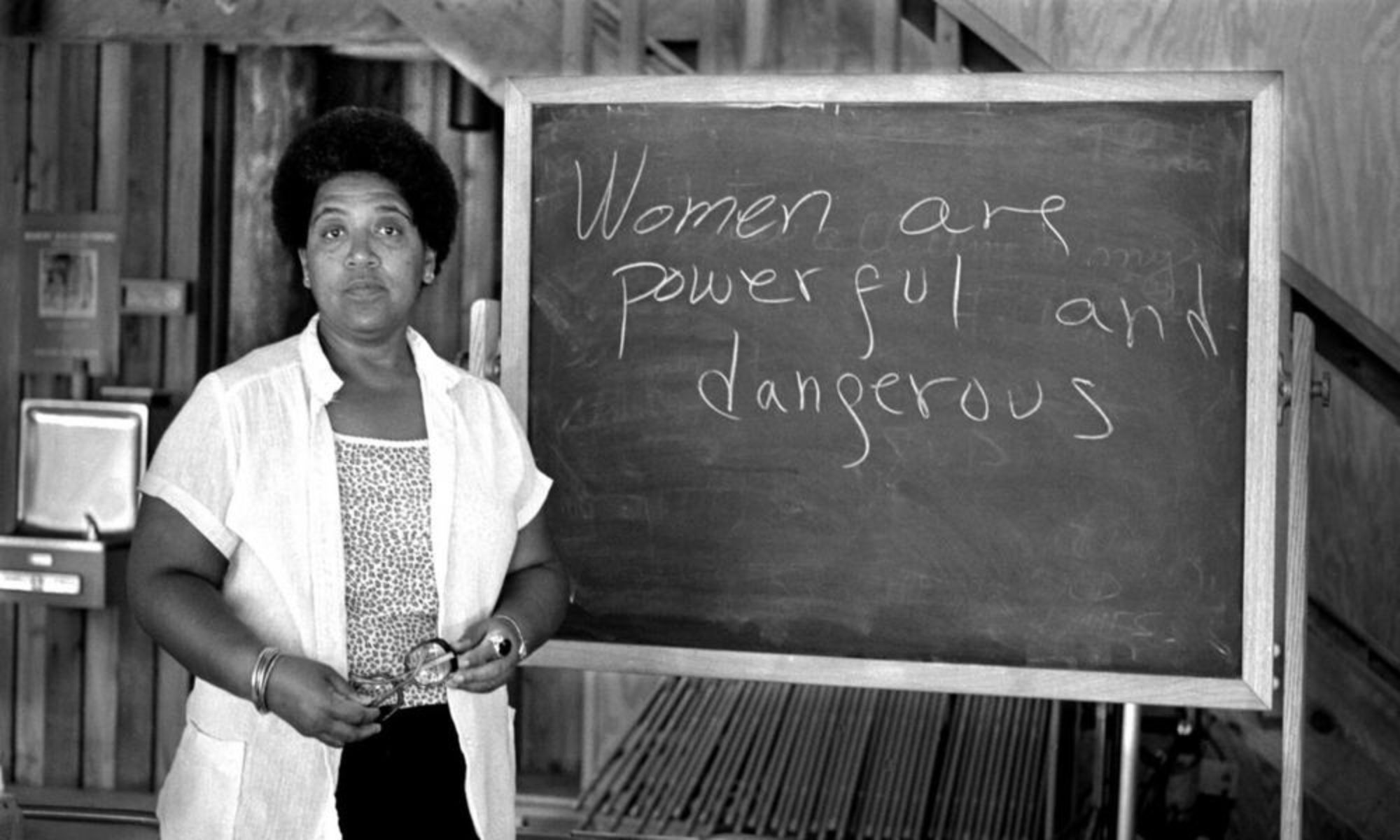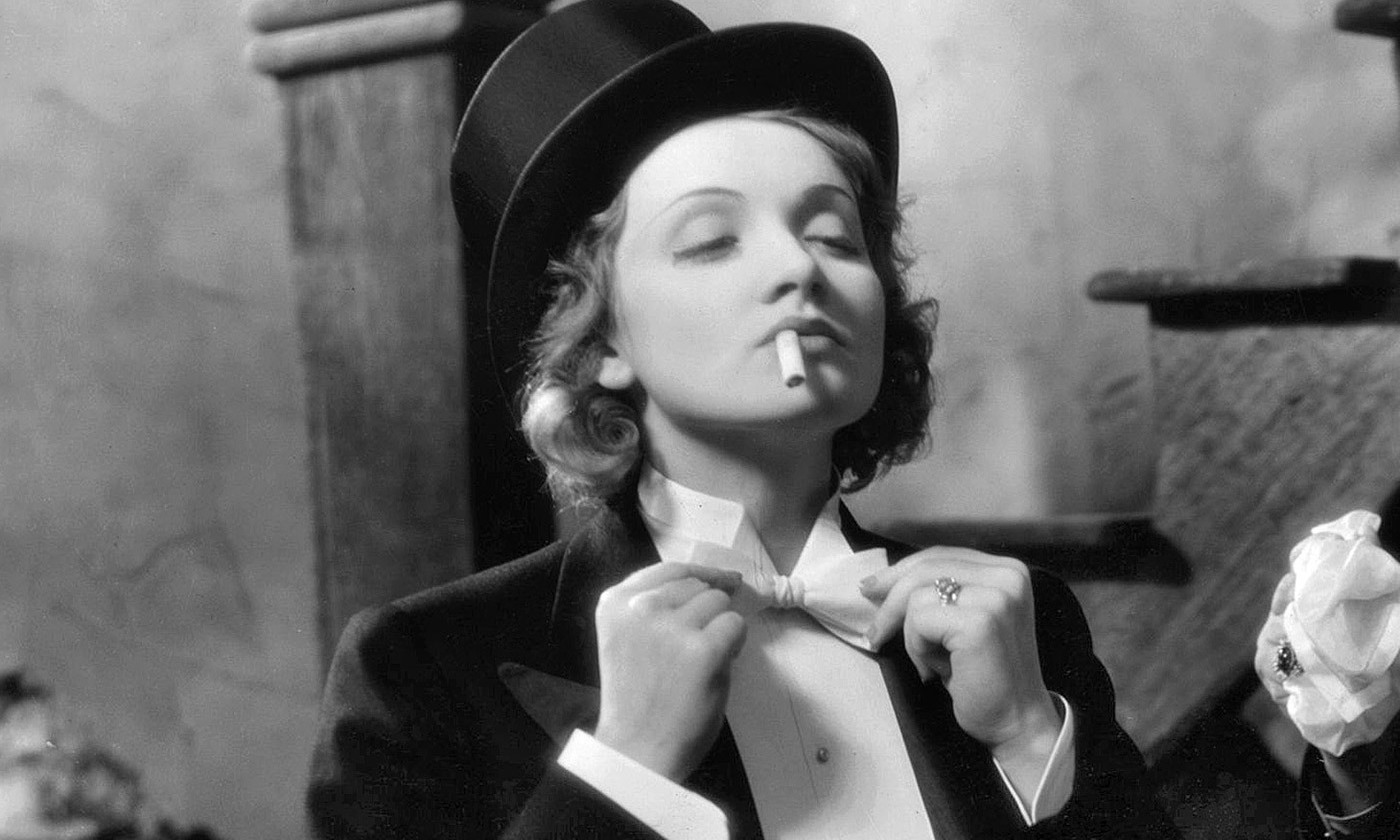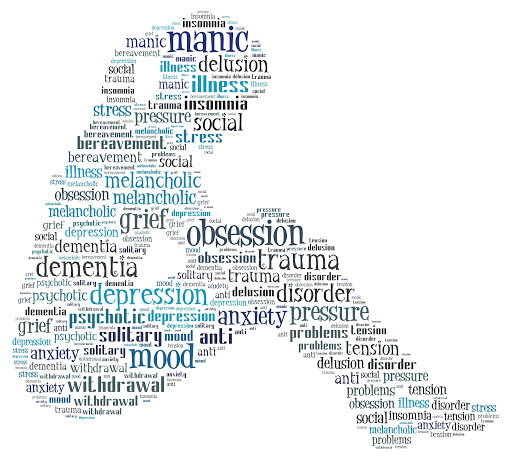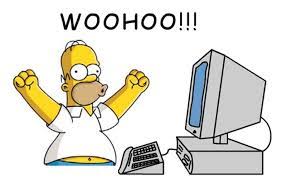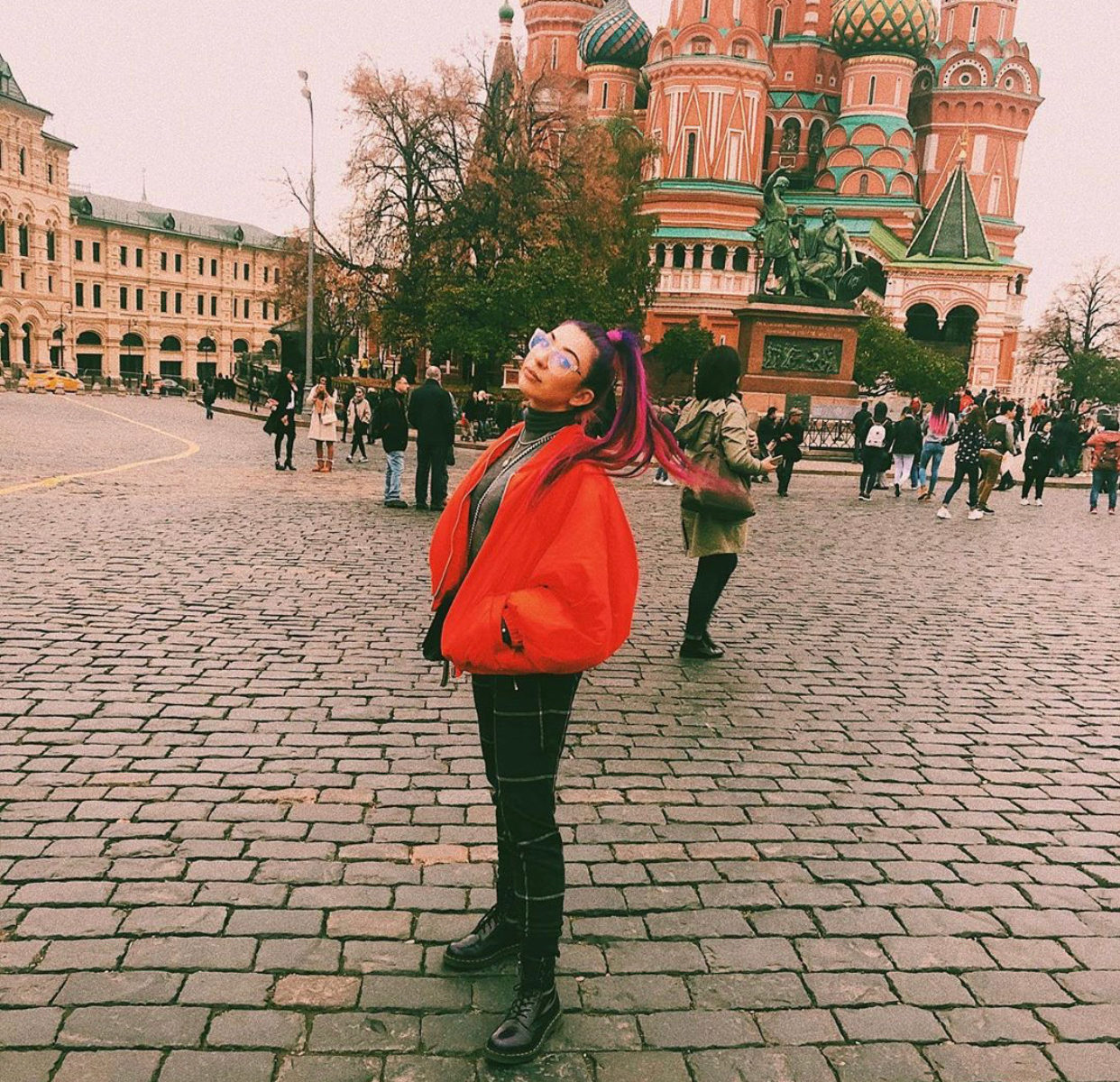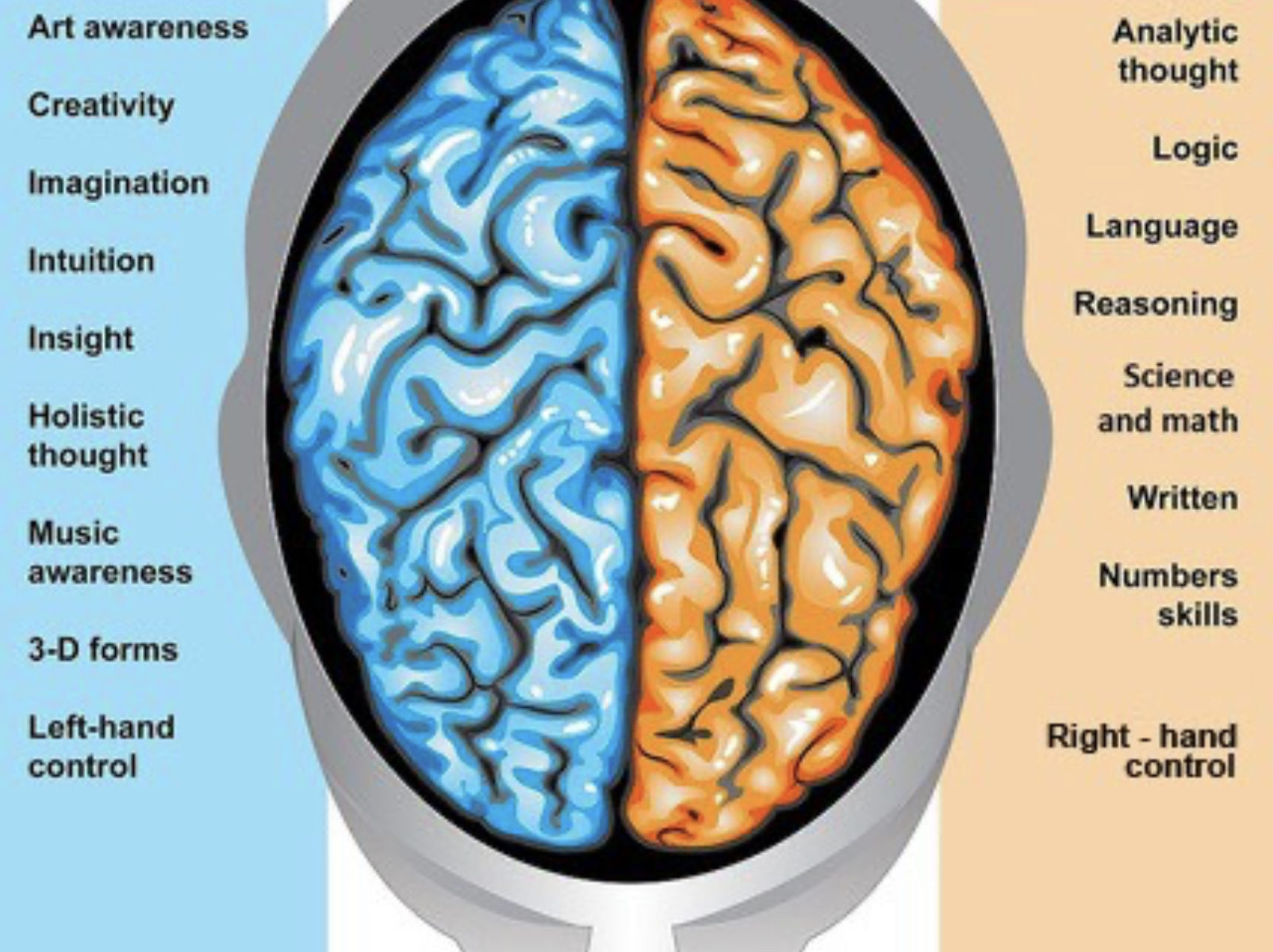Independent Study. Steps 1-4.
Blog Post #14: Final Reflection
For my final reflection Im choosing to write about the second blog post discussing our definition of feminism, the third blog post which is where we discussed the hypothetical of feminism and anti-racist activism accomplishing their goal and how the future would work with those changes, and finally blog post thirteen which was Toni Morrison’s book report. For the second blog post I particularly found it very intriguing to define feminism for myself and to understand what I agree with in terms of the actions taken place with the movement, and things that I would alter. This post made me reflect on my personal hopes in the years to come when it comes to equality and certain rights I feel are lacking. Going onward with thinking about the future, the third blog post furthered my thoughts into how the future would change if all of the fights that individuals are fighting with respect to changes they want to see happen. I think it’s massively important to realize that the actions we take part in today will inevitably affect what we experience tomorrow, the next day or even years to come. Lastly, the blog post I felt the most connected to was the book report I chose to do on “The Bluest Eye” by Toni Morriosn. Reading this book and then discussing it in my post, I realized that although my experiences differ a lot from the characters in the book, the ideas and lessons learned by them is something I have been dealing with all my life. Individualism versus conforming to the standard is an ongoing conversation I personally have with myself, so reading the novel and getting another perspective from someone in completely different shoes than me is something I personally really enjoyed.
Toni Morrison
About Toni Morrison- Something I found very interesting when reading about the legendary author was that she actually was born into that name Chloe Ardelia Wofford and got the nickname “Toni” from college. Ofcourse, she later on remarried to change her last name to “Morrison”. She was born in 1931 in Ohio and was the second born child out of four children. Her father was a welder and her mother was a domestic worker, both having hobbies in the music industry. Morrison attended Howard University in 1949, and graduated in 1953 with a bachelor’s degree in English. She later on went to study in Cornell University for only two years to get her masters degree. When Morrison moved to New York, she began to work on a story that she started in Howard university, about a young black girl desperate to have blue eyes, which coincidentally is the book I chose to read. The book called “The Bluest Eye”, was published in 1970 her style was said to be distinctive and musical making her books seem like long poems or musical compositions with a haunting lyrical language.
“The Bluest Eye”- The protagonist in this book is named Claudia Macteer; she’s also the main narrator of the book, speaking in her adult perspective and switching to her more innocent naive self throughout the novel. She portrays a rebellious figure who tries her best to do everything she can to go against societal beauty standards at the time. While Claudia goes against conforming, her older sister Frieda actively tries to blend in and embrace the beauty standards. Pecola Breedlove is a girl who’s poor and is essentially being bullied from everyone in her life for being “ugly”. Her goal in life starts to be society’s standard of being physically beautiful, which ended up destroying her instead. Cholly Breedlove, who is Pecola’s father, was raised in a terrible way thus he has no morals and ended up raping Pecola, which evidently effected the way she saw the world. Pauline Breedlive is Pecola’s mother who in the book sometimes contradicts the perception that there is no “ideal beauty”. Miss Marie challenges some of the characters’ conceptions of beauty and feminine decorum. Since I already discussed the main characters and how they influenced the plot, I decided to just summarize the main point the book accurately portrays. The Bluest Eye in essence discusses the controversial idea of societal standards being accurate or not, specifically if beauty standards should exist in this world. The characters all have different lives, them being very diverse and full of substance, but as a whole they all seem to have struggles or an extreme view on either side of the argument, which in turn lets the readers decipher their opinion for their own which is something I personally really enjoyed.
Comparison to “Playing In The Dark”- The one general comparison I came up with when comparing both of Morrisons work is the idea of perception and although many people can have similar lives and live in the same society, everyone’s perceptions can alter the way their own situations and decisions come to light.
Discussion Questions-
- Do you think conforming is a necessity in the world we live in today? Or can it be avoided? Do you think individualism is valued more than conforming?
- Do you think perception alters someone’s way of life? How so? Does it affect other people around them and in what sense?
- Does a beauty ideal exist? Are there both positives and negatives to having said ideal?
Blog Post #11
Judith Butler claims that there is no binary concept and that ultimately gender is a social construct with no definite formalities on what it means to be a “women” or a “man”. She very clearly states that the difference between what we call a man and women, is not the language, history or politics, especially it is not what our sex is. However, even though this is her main argument she still agrees that feminism does exist but has some political issues that need to be discussed. Along with that, she argues that the idea of a human identifying with just their sex is repressive and dangerous, and a lot more knowledge needs to be had in the deciding factor of what we identify as. Personally, after reading Butlers thoughts I think for a gender to be performed is for an individual to go along with the societal standards of what exhibits “masculinity” or “femininity”, because this does not define a persons gender in a sense it just defines their performance in how they want to present themselves. In my personal life, I know of many women who choose to wear boxers under their clothes instead of “feminine” under garments, which Butler would consider to be a gender performance because of the construct that only men should wear boxers.
“.
Blog Post #10
“Feminism’s agenda is basic: It asks that women not be forced to “choose” between public justice and private happiness. It asks that women be free to define them-selves—instead of having their identity defined for them, time and again, by their culture and their men.” (Faludi)
Culture wars are usually defined as the fight for dominance in values, beliefs, practices etc in all different kinds of social groups. When it comes to feminism, as written by Faludi, it is the fight against being forced to choose between public justice and private happiness. In my mind, this is referring to the idea that women have to comply by certain societal rules and standards which can very easily impact their happiness in the everyday life. It is referring to the very simple ideology that as a human, as a women, we should be respected enough to be accepted as our own individuals with our own independent thoughts, decisions, ideas, and appeals.
To Disidentify
To experience disidentification is to not be able to stick a positive or negative feeling onto a label, or situation, or circumstance. Its to feel as though you don’t belong, but not in a sense where you want to belong. Its a distant feeling, and an experience where its as though you’re not in your own mind, meaning there are no thoughts about the situation that are going on in your mind. I personally have no felt this before, but I know many people who have,.
Hypothesis 101
Step 1: make an account on hypothesis
Step 2: log in
Step 3: click on “visit annotation in context”
Step 4: highlight any text you’d like to annotate, and then click (“), to annotate it
Step 5: write your annotation in the box provided
Step 6: click on the “publish” button
Step 7: yay you did it
My Best Friend
My grandma (my best friend) was born in 1952, making her sixty eight in October. She was born in Odessa, Russia when it was still a part of the Soviet Union. She had my mom when she was only nineteen years old, while practicing medicine and working night shifts as an EMT. She took my mom and immigrated to America, in between they moved to Italy for three months before coming here. When she came here, she had to go through medical school another time, except this time without knowing the language, which made it twice as hard, but nevertheless she graduated from it and got her degree.
As I was interviewing my grandma, she seemed to not enjoy this process as much as I would have liked however these are the answers I got from the questions she would let me ask.
Q- Did you experience oppression or discrimination based on your gender growing up?
A- “Yes, absolutely. Many of my male colleagues in the field didn’t take me seriously because I was a women, so I had to work more diligently to prove my intelligence in medicine”
Q-What was it like immigrating to America as a single mom?
A- “It was certainly a struggle and very intimidating to come to this country, with no connections but I was thinking about my daughters future, and I wanted better opportunities for her and myself. I was confident in my ability to achieve my goals, and I never looked back.”
Q- Did you face any oppression or discrimination when you were in America?
A- “Yes most of the time, when I was learning English and couldn’t defend myself I faced a lot of oppression based on my gender. One time I was working in this laundry mat and a man came in with a gun, aiming to rob the place just because he thought as a women I couldn’t do anything about it. Thank god, a man who worked in a neighboring store came in and saved me.”
Q- Do you ever miss Russia? Did you ever go back?
A- “No I don’t. When I left I promised myself to not look back. At the end of the day, life in America was a dream for us and it was up to us to fulfill that dream. I fulfilled it and so there’s no point of going back. It seems like a different life time thinking about my life in Russia.
Q- Were you ever scared for your daughter?
A-“Of course, but I believed in her and I believed in myself. I was always taught that fear is an excuse, thats something I live by.”
Blog Post 5 : The Pandemic
As an introverted extrovert, ideally I enjoy the balance of socializing with others as well as taking time for myself. I find the combination of both in a day to day basis adequately gives me a fulfilled feeling at the end of the day when I close my eyes. Evidently, society is now living in a textbook and history is being made in front of our own eyes, unfortunately it is however a chapter in the book we would like to skip over, as it has great negative impacts on us as individuals, as a country, and even as a planet. Personally, I find it crucial that we be as selfless as possible and stay inside to prevent this chapter adding more and more pages. As much as it irritates and frustrates me to not leave my house, I’ve tapped into parts of my brain I hadn’t ever had time for, and for that I’m grateful. The creativity I could pursue when I was younger, had been trapped inside of me all these years because of other things I had prioritized. As those things have been put on hold, I could start to draw again, read again, write again, most of all take my mind in a direction thats so out of the box in order to give me the same fulfillment I crave when socializing.
